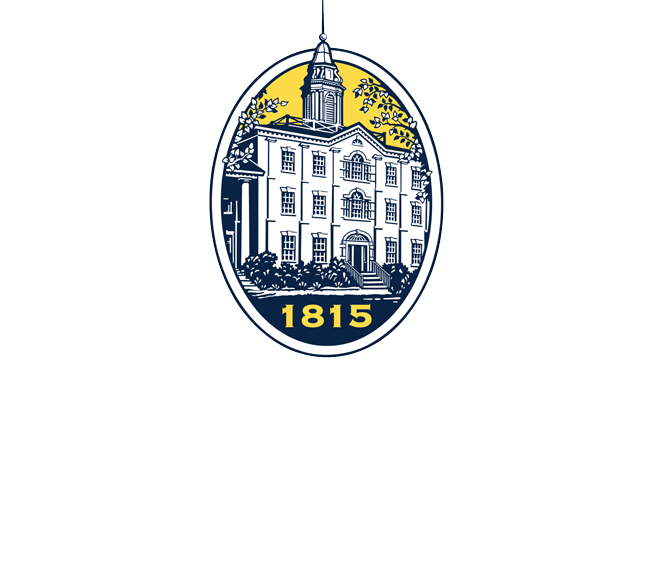Mathematics and Natural Sciences
Computer Science Major and Minor
As a Computer Science student, you'll learn the fundamental knowledge and skills of the highly needed field, in addition to honing your ability to effectively communicate, work in interdisciplinary teams, and leverage technology to improve society.
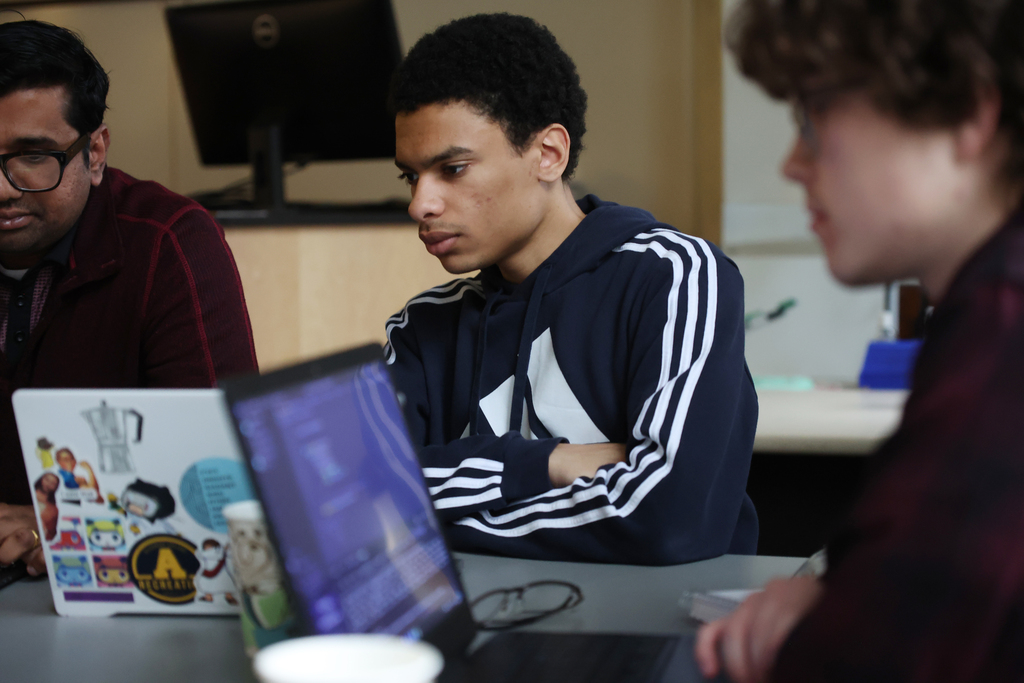
Your Four-Year Journey
Students often combine Computer Science with a major or minor in Business, Communication & Cultural Studies, Economics, Mathematics, or Psychology.
Understanding
Begin to gain understanding of the basic and practical foundations of computer science. Typically, one or two computer science courses from the introductory module are chosen in the first year. The introductory module emphasizes creative expression through the medium of a programming language, implementing, using, and evaluating the computational structures needed to efficiently store and retrieve digital data, and understanding the abstract structures used to represent discrete objects
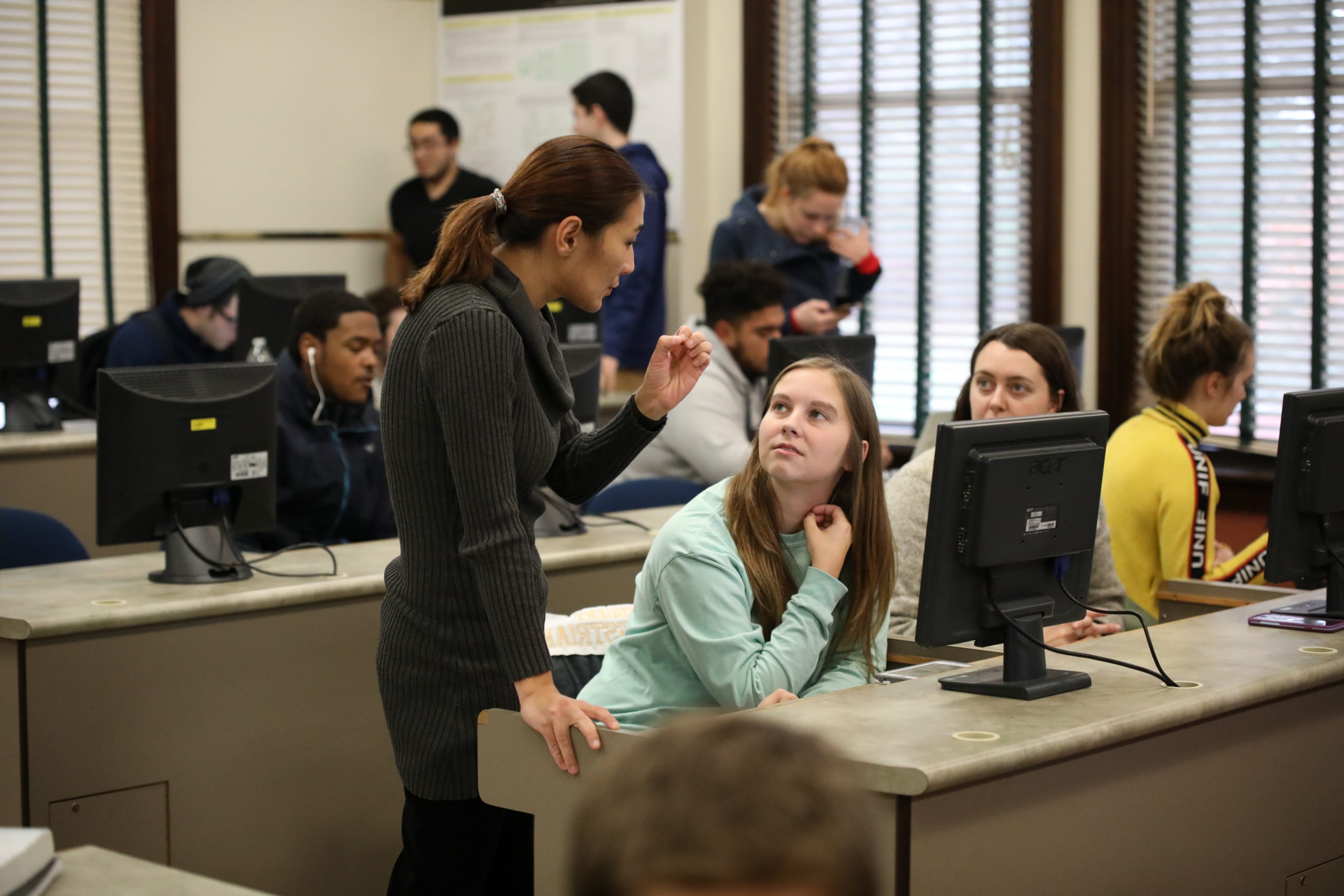
New Approaches
In your second year, you will finish the introductory category and engage with the core courses, where you will design, implement, evaluate, and document an algorithmic solution to a problem. Application courses in areas such as data analytics, data management, artificial intelligence, bioinformatics, robotics, and web development are available during this year. This is the year to participate in a research project, an internship, or employment as a departmental Technical Leader or Software Developer.
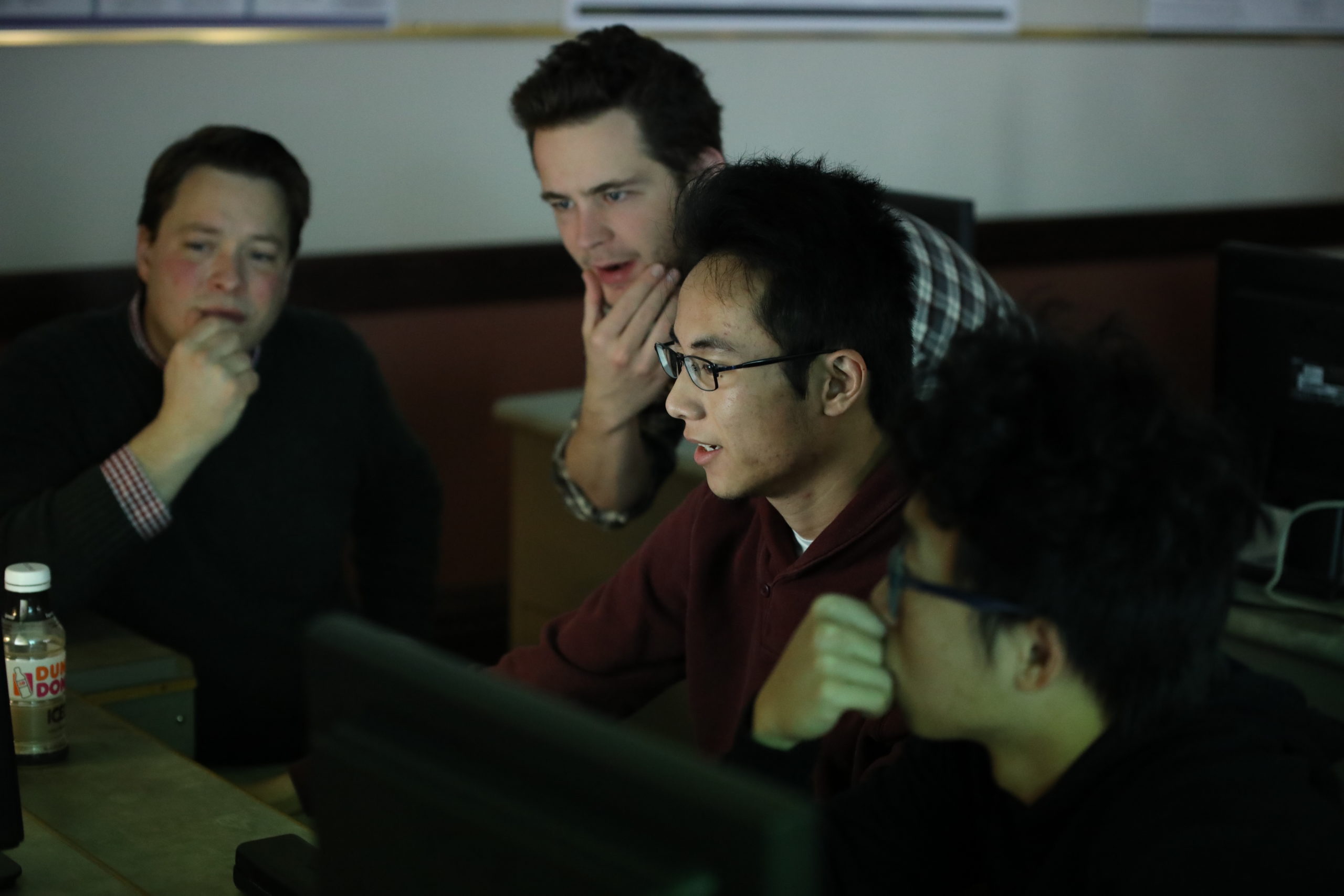
Delving Deeper
You’ll continue your core learning and explore your interests via application courses. You will engage in Software Innovation courses, where technical and communication skills needed to design, implement, and publicly release innovative software are honed. You will also take a Junior Seminar course, where you’ll learn to digest research in computing, state and motivate research questions, design and conduct experiments, and collect and organize evidence for evaluating scientific hypotheses.
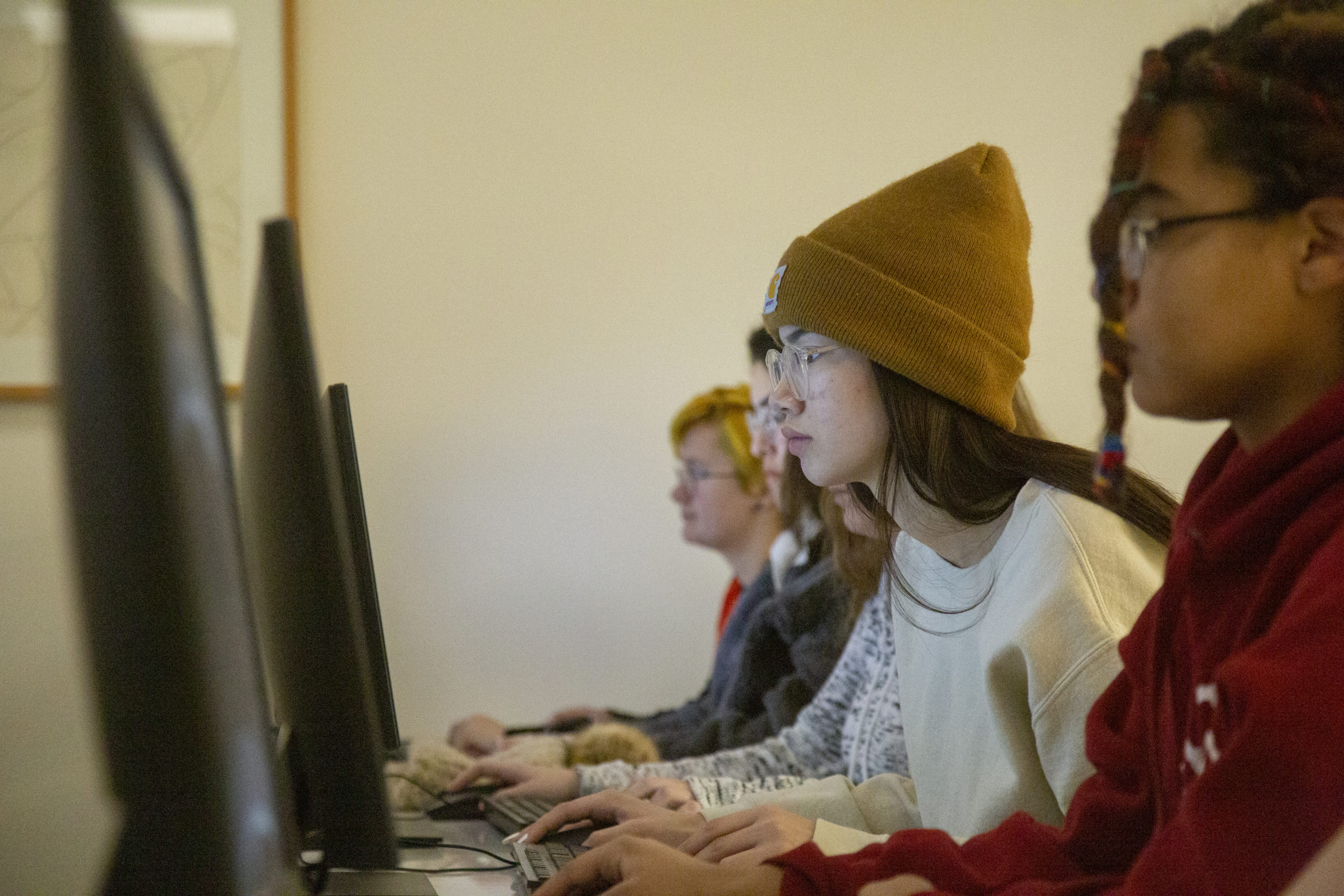
The Comp
Under the guidance of a faculty advisor, you will design your Senior Comp, conduct research, prepare a comprehensive document, and orally defend your work. Computer Science students complete significant projects that often result in the publication of conference and journal papers, the release of free and open-source software, and the creation of publicly available data sets. You’ll also take an advanced course in computer security, operating systems, or distributed systems.
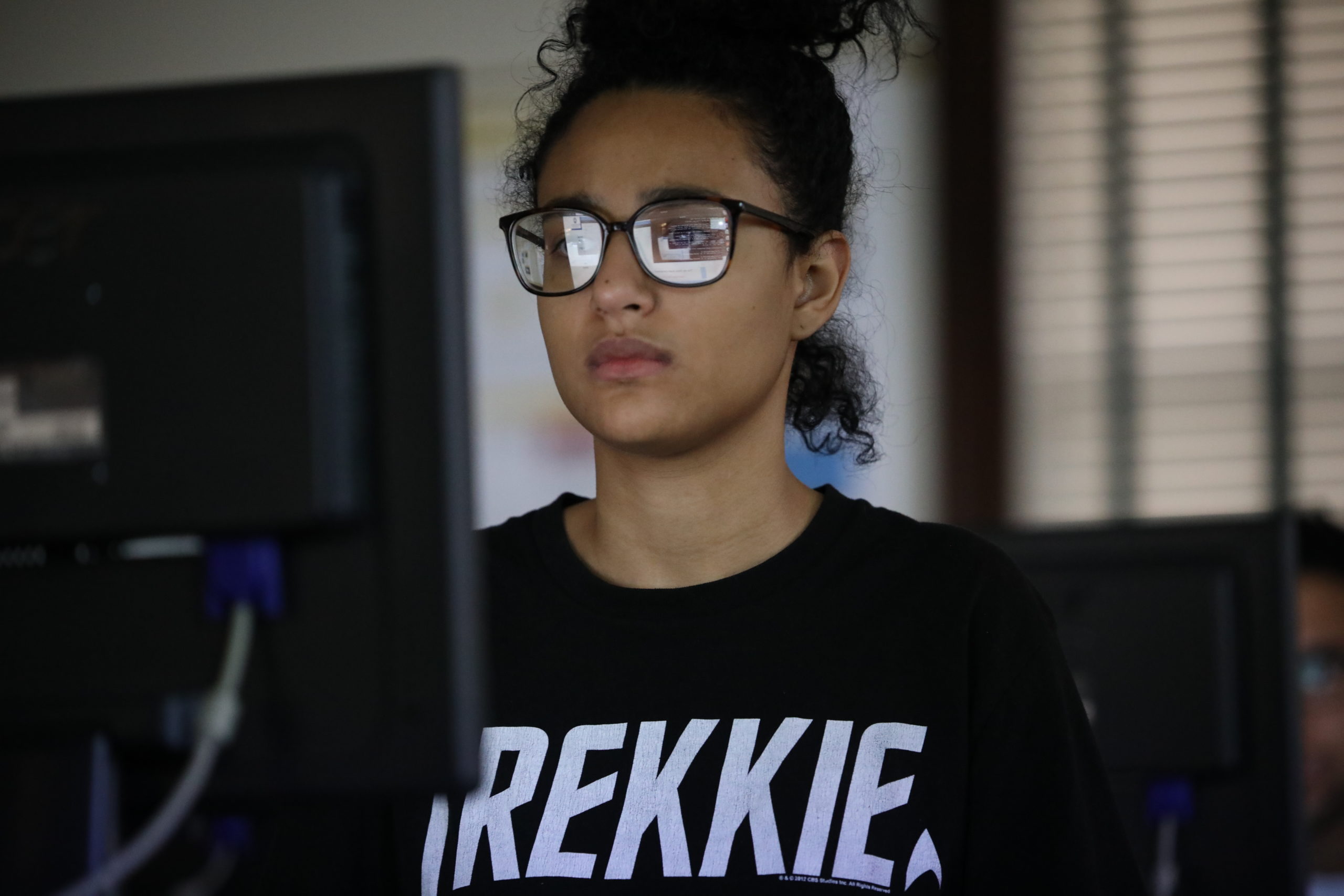
Career Outcomes
100
Of Computer Science students develop a resume-building software portfolio with contributions to the open-source community.
93
of Allegheny graduates are employed, in grad school, or in full-time service within six months.
80+
Acceptance rate to graduate and professional school for Allegheny students
Alumni Careers — A Sampling
Class of 2002; Head of Information Security and Quality, XFINITY Home by Comcast
“ My computer science education from Allegheny College laid the foundation for all of my future professional endeavors. In the final analysis, a technical education is important, but you need so much more in order to have a successful career and live a meaningful, satisfying life. My liberal arts education from Allegheny was the springboard that helped me to reach, and surpass, my dreams. ”
